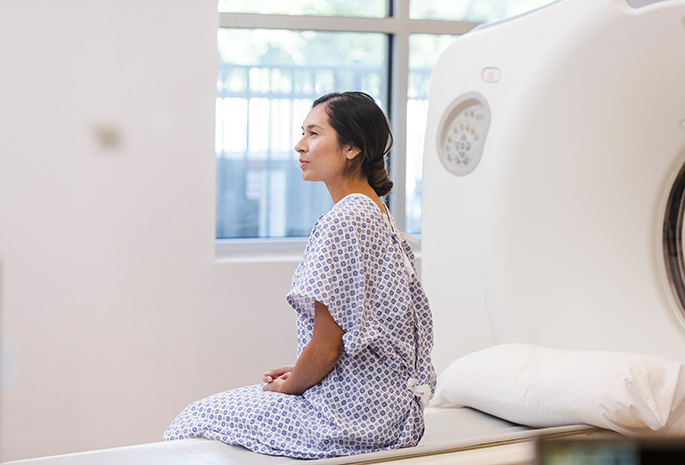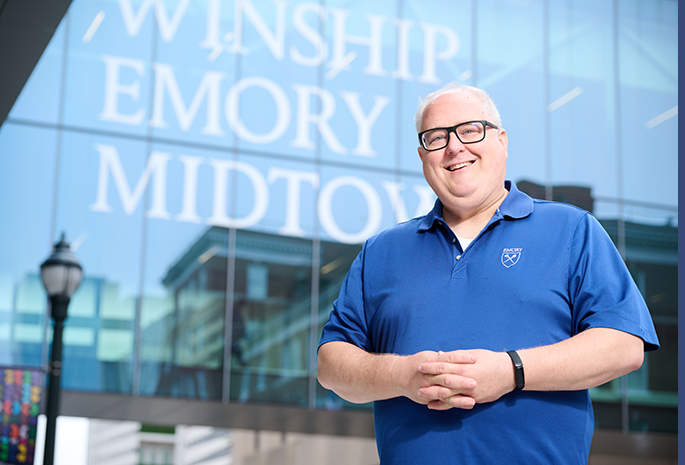Charles, 64, compares his body to a car. “I need to take it to the body shop to get it repaired and put it back in order and keep going.” He says the key to keeping the car running is diagnosing the problems early. “The sooner you can find the problem, the better to get it out and move on,” says Charles. “That’s the way I look at it.”
Charles was experiencing symptoms—having to urinate more often and urgently, an increasing prostate-specific antigen (PSA) level—of what eventually proved to be early-stage prostate cancer. But it was only after three biopsies that he finally had a diagnosis. “I was kind of happy they found it so we could take care of it,” Charles says.




